
As the cold winter months approach, our skin often suffers from dryness, irritation, and a lack of moisture. In the quest of moistening your skin, you go for high-end skincare products like moisturisers, serums, hydrating cream, gels, and so on! At the same time, you see your grandmother’s skin unharmed by the weather, as soft and as radiant. Her secret is traditional home remedies that have been passed down through generations. Ingredients like ghee, honey, glycerin, malai (cream), and coconut oil are timeless treasures they swear by for glowing, nourished skin.
Table of Content:-
1. Ghee
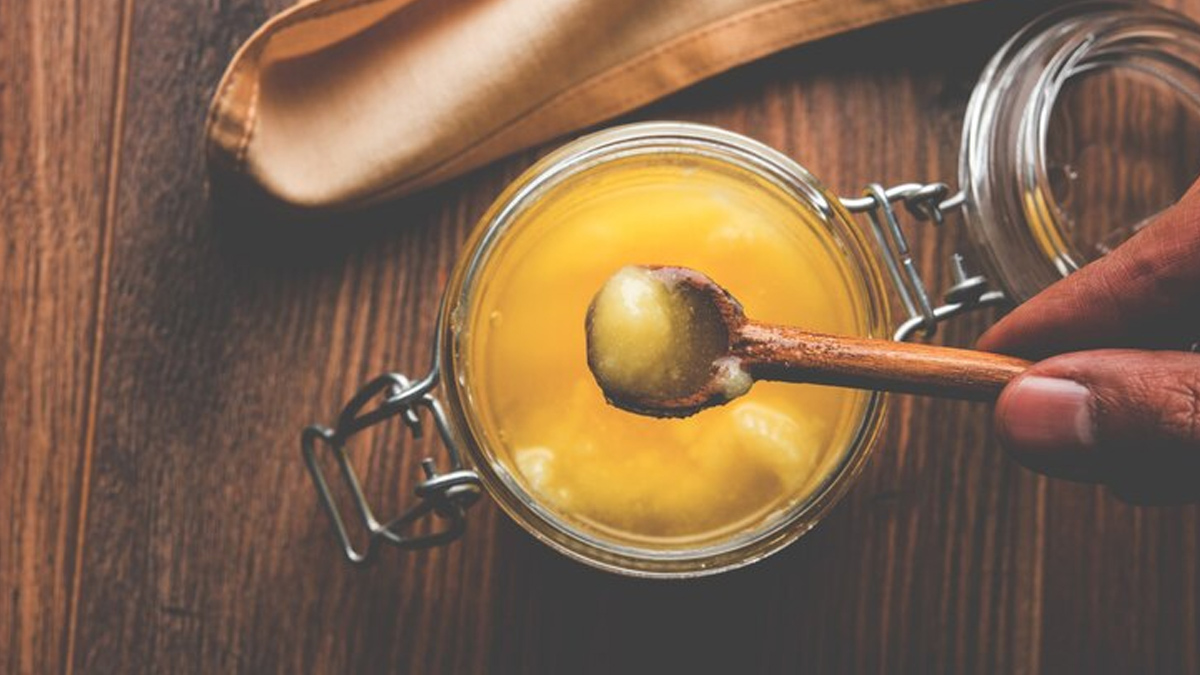
Ghee, or clarified butter, has been an essential component of Indian skincare routines for centuries. Packed with essential fatty acids, vitamins A, D, E, and K, ghee deeply nourishes and hydrates the skin. It is also known for its anti-inflammatory properties, making it a great remedy for chapped skin and irritation caused by the dry, cold air. A study published in the Journal of Ayurveda and Integrative Medicine found that fatty acids like those found in ghee help to restore the skin’s natural barrier, preventing moisture loss and improving overall skin texture. It also helps in maintaining skin elasticity, which is crucial during the winter months when skin tends to lose its suppleness.
2. Honey
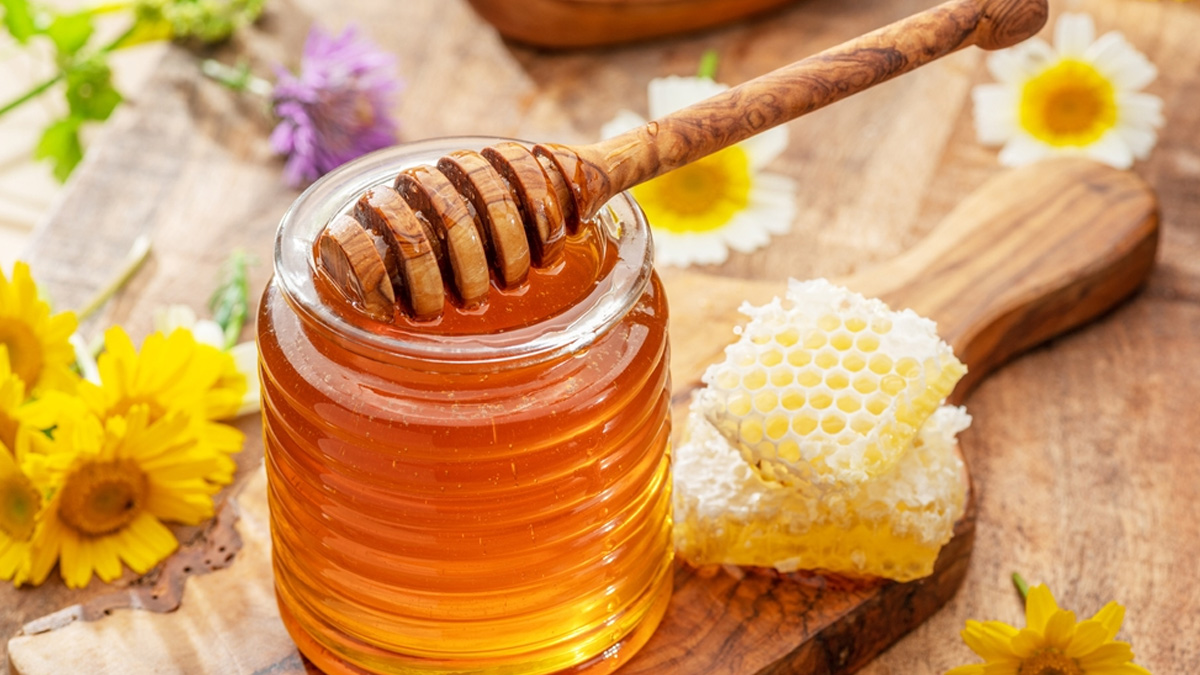
Honey, often a staple in many grandmother’s beauty regimens, is more than just a sweet treat. It’s a powerful humectant, meaning it draws moisture into the skin and helps to retain it. Its anti-bacterial and anti-inflammatory properties make it an excellent option for soothing cracked skin and treating minor wounds or burns that often occur due to the harsh winter air. According to research published in the National Institutes of Health, honey has natural antibacterial properties that can support wound healing and prevent infection. Its high antioxidant content also helps in reducing oxidative stress in skin cells, which can be heightened by exposure to cold and environmental pollutants during winter.
Also read: Honey and Lemon for Glowing Skin: Benefits and How to Use It
3. Glycerin
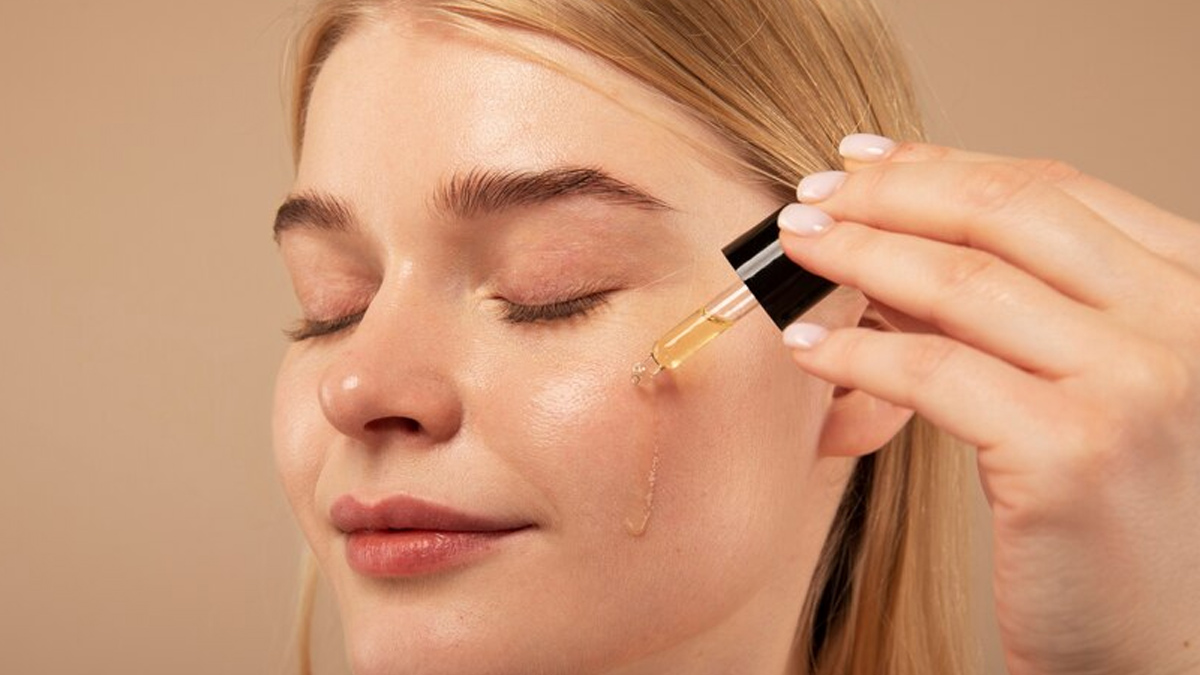
Glycerin, a clear, thick liquid, has long been a go-to for dry skin. It is a potent humectant that works by drawing moisture from the air into the skin, keeping it hydrated and soft. Glycerin helps prevent skin from feeling tight or dry in winter by providing long-lasting moisture. Its ability to protect the skin’s natural barrier also helps in preventing the irritation often caused by extreme cold weather. Research found that glycerin-based formulations significantly increased skin moisture levels and enhanced the skin’s ability to retain water, a vital function during the dry winter season.
4. Malai (Cream)
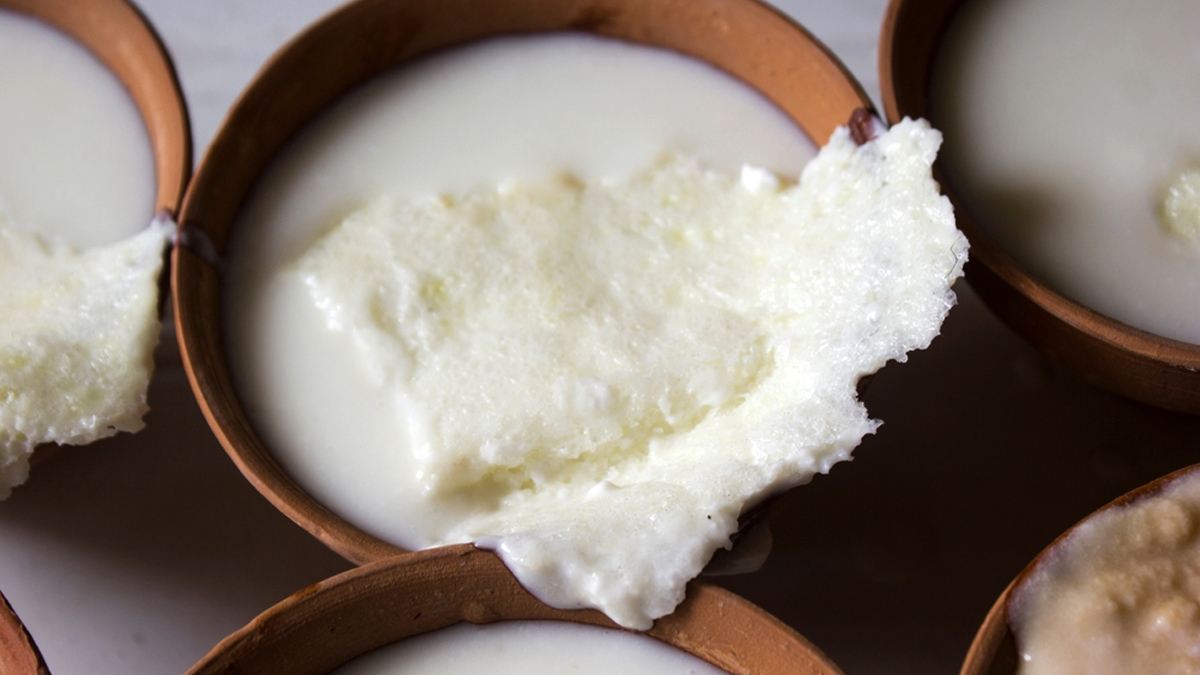
Malai, or fresh cream, is another cherished ingredient in Indian skincare. Its rich, fatty texture makes it an excellent natural moisturiser, especially for those with dry skin. Packed with proteins, lactic acid, and vitamins, malai hydrates and nourishes the skin, while also helping to remove dead skin cells and brighten the complexion. Studies have found that lactic acid, found in milk products like malai, has exfoliating properties that can promote smoother, more radiant skin.
Also read: Milk Cream For Skincare: Here's How Malai Can Help You Promote Skin Health
5. Coconut Oil
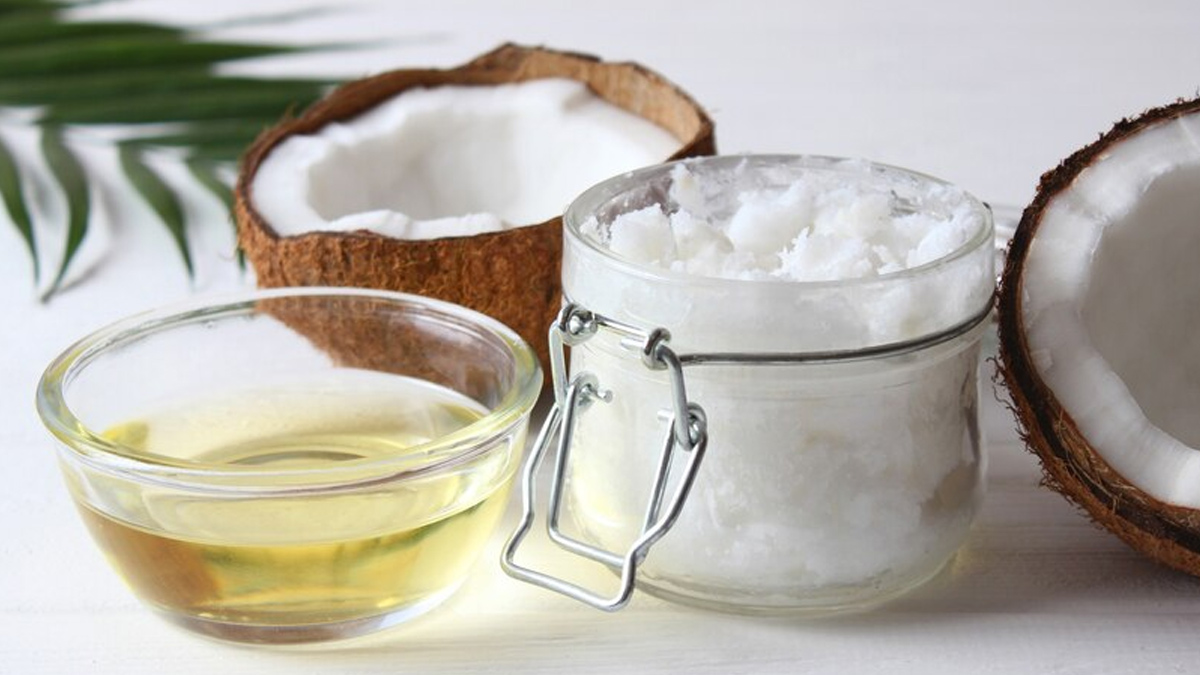
Coconut oil has gained worldwide popularity in recent years, but it has been a skincare staple for centuries, especially in tropical regions. Rich in fatty acids like lauric acid, coconut oil helps to lock in moisture and form a protective barrier over the skin. It also has anti-inflammatory and antimicrobial properties, which can help reduce redness and irritation caused by winter dryness.
A study showed that coconut oil can significantly improve skin hydration and even help to treat eczema, a condition that often worsens in the winter. Its antimicrobial properties also help to prevent infections, making it an excellent remedy for dry, cracked skin during cold weather.
Conclusion
From ghee and honey to glycerin, malai, and coconut oil, these age-old skincare remedies hold timeless value. Backed by modern scientific research, these natural ingredients provide powerful hydration, protection, and nourishment, all essential for healthy skin in the winter months. So, next time you reach for a moisturiser, consider using these grandmother-approved ingredients for a winter skincare routine that’s both effective and rooted in tradition.
Also watch this video
How we keep this article up to date:
We work with experts and keep a close eye on the latest in health and wellness. Whenever there is a new research or helpful information, we update our articles with accurate and useful advice.
Current Version